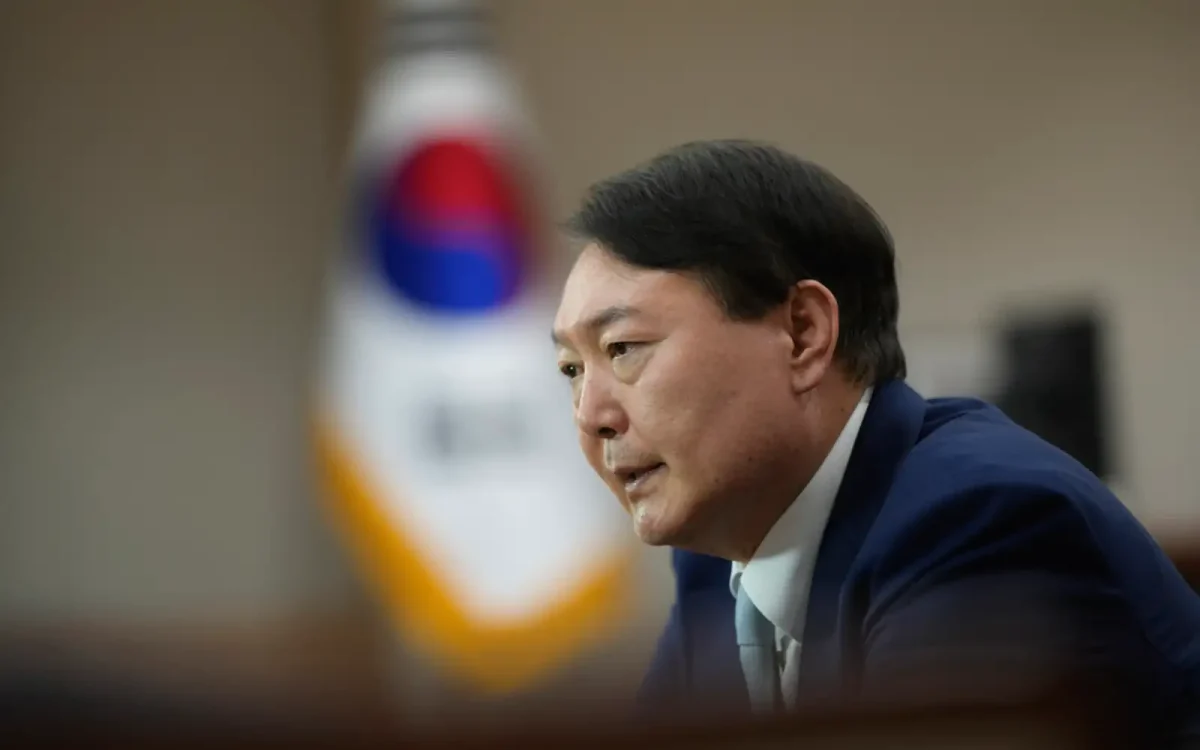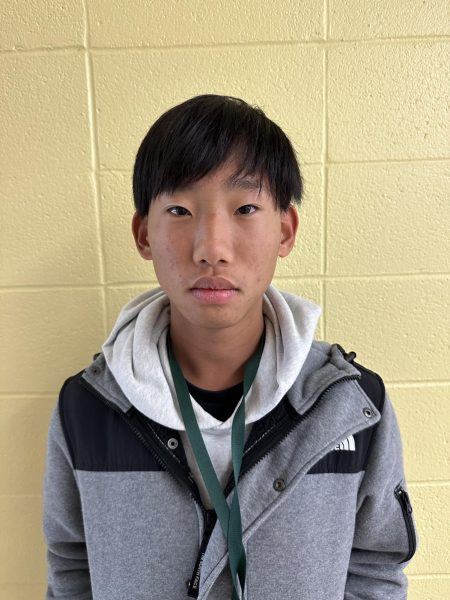South Korean President Yoon Suk-yeol was formally removed from office on April 4 following a unanimous ruling by South Korea’s Constitutional Court. Yoon was initially impeached back in December of last year for attempting to instate martial law across the nation.
According to The Associated Press (AP), Moon Hyung-bae, the acting chief justice of the Constitutional Court, read the unanimous verdict. Moon defended the court’s decision, citing that the constitution-breaching martial law that Yoon tried to impose created visions of the country’s troubled past of abuse of power, which caused great panic among the people and the economy. Due to these factors, the court concluded that it was the right decision to oust Yoon from power.
On December 3, 2024, Yoon imposed martial law, sending soldiers to the National Assembly, which was controlled by the liberal opposition, according to The AP. Lawmakers were able to vote unanimously to end the decree in about six hours, but by then, significant damage had already been done. In his initial impeachment, Yoon was accused of violating the Korean constitution. His decision evoked images of past military rule in the country. Yoon claimed that the martial law was imposed in an attempt to rally support around his fight against Korea’s Democratic Party, which has consistently gone against Yoon’s plans.
In Seoul, critics and supporters of Yoon broke into celebrations and tears. According to The AP, crowds of anti-Yoon protestors celebrated, danced, and cried while marching through the streets of Seoul. On the other hand, according to Reuters, Yoon’s supporters gathered by his official residence and stood in shock, with some expressing their anger, though violence remained minimal and most rallies were peaceful.
Yoon and his lawyers have condemned the decision. According to the BBC, Yoon Gap-geun, one of Yoon Suk-yeol’s lawyers, claimed that the ruling was unfair, believing the decision to be purely political. Despite Yoon’s party, People Power, accepting the ruling, Yoon himself has yet to acknowledge the decision. In a message to his supporters, Yoon apologized for not living up to their expectations and vowed to continue fighting, stoking fears that he might attempt to resist the order through other means.
According to the BBC, South Korea has been left divided in the aftermath of the martial law crisis. While most South Koreans were appalled by his decision to impose martial law in December, over time some groups began to believe that the political left had been infiltrated by North Korean spies. About a third of South Koreans reportedly do not trust the Constitutional Court that issued the ruling, and about a fourth do not trust the voting system.
After his removal from office, Yoon still faces potential criminal charges. According to The AP, Yoon was indicted on charges of rebellion, which could result in a life sentence or even execution. His removal from office also strips him of they immunities he previously enjoyed as president.
According to The New York Times, Han Duck-soo will continue serving as the acting president until snap elections are held in early June, when South Koreans will vote for another president. As of right now, Lee Jae-myung of the Democratic Party is seen as the leading candidate for the left-wing opposition, while Yoon’s People Power Party has yet to produce a clear front-runner.













































































































































